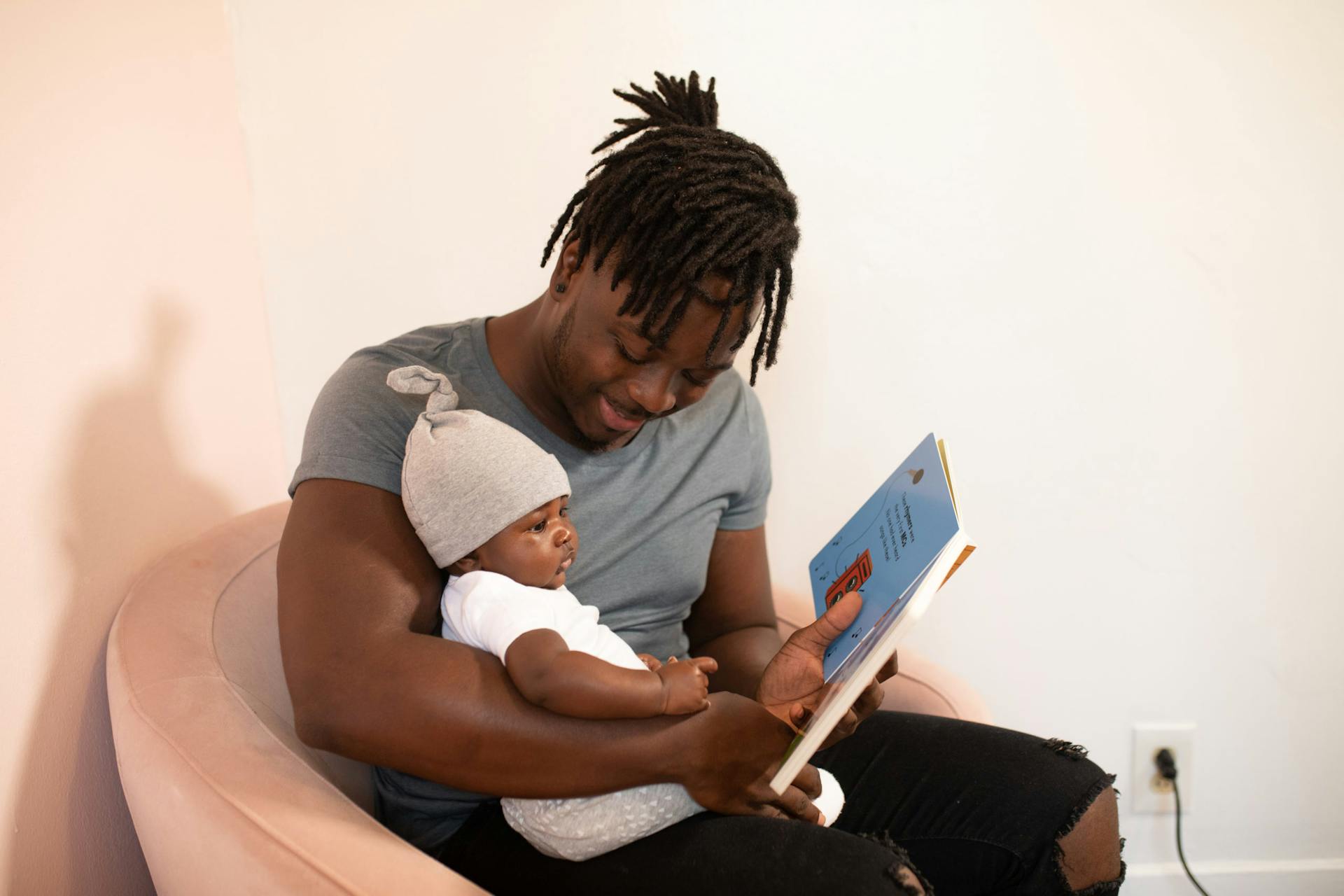The facts don’t lie – when dads take parental leave, it benefits moms and the entire family. More specifically, when dads take paid parental leave, they’re able to help moms with their recovery. They are also more likely to be involved with their child’s care for the long-term. When moms feel supported in these early stages, it establishes a dad as an equal partner in parenting.
Despite the research to back the value of paid leave, only 13 percent of American fathers are offered parental leave. In previous years, a smaller percentage of dads utilize it. How can this be when the benefits are so clear? Even around the globe, in countries outside of the U.S., governments have made paid parental leave the norm.
It’s time to throw out the archaic notions that paid parental leave is just for moms. Dads need time to adapt to a new rhythm and a new family addition. They also need time to bond with their baby. After all, it’s a whole new human being in the home!
Here’s a look at the benefits of dads receiving parental leave and the positive impact on moms and the entire family when they utilize it, according to one mom.
The Benefits of Supporting Parents
Raena Boston is a Florida-based writer, founder of Working Momtras, and the co-founder of Chamber of Mothers. In 2021, when she gave birth to her third child (and first daughter), Aviva, she had nearly six months of paid leave. Her husband, Travis, was able to take nine weeks of unpaid paternity leave through the Family and Medical Leave Act (FMLA). They were able to make ends meet through Boston’s paid leave and the enhanced child tax credit.
“Like many healthcare organizations, his hospital doesn’t offer paid family leave,” Boston shared on an IG post. “He used all of his vacation and took FMLA, which means the vast majority of his paternity leave was uncompensated.”
During his leave, Boston explained how her husband drove her to every appointment, ensured she could rest, cooked meals, and regularly checked on her mental health. He established a strong bond with their newborn while also being able to be present for their older children. He made sure their older kids received attention, oversaw homework duties, and took charge of morning drop-offs.
“This time has been both invaluable and priceless,” she said. “It has been an investment in our family, and only possible because my employer offers paid leave.”
In addition, the entire family left the experience feeling supported.
“With my first two children, I experienced postpartum mood disorders,” Boston shared. “Having my husband home meant that I didn’t experience any postpartum mood disorders with my last child, which I think strengthened our relationship.”
The ‘Invisible’ Burden Placed on Mothers
Only 13 paercent of fathers in the U.S. are offered leave, which leads to 70% returning to work full-time, less than two weeks after having a baby. When this happens, it negatively impacts moms and families.
Boston explained that when dads immediately go back to work, there is a heavier load placed on moms. She must now balance the mental load of keeping a household running while taking care of a newborn baby. Meanwhile, she is also recovering from childbirth.
“Having a newborn can feel very isolating and having the support of another person is essential,” she explained. “Women often feel like they have to do it all, and this starts when they are doing everything at home with little to no support.”
Barriers to Paid Leave
The biggest reason dads don’t often take parental leave is money, Boston explained.
“If you don’t have access to paid parental leave through an employer or a state-run program, it’s a massive financial hit to take,” she said.
While roughly 56 percent of U.S. employees qualify for FMLA to recover from childbirth or take care of a newborn, it is completely unpaid. Most families cannot take that kind of financial hit, Boston explained.
“More often than not, I hear [from my friends] that their partners couldn’t take leave due to not having access to paid parental leave,” Boston said. “Seventy-four percent of mothers would have to use up their cash savings if they took just eight weeks of unpaid maternity leave.”
Another barrier is the social stigma and fear of repercussions.
Boston shared that she’s heard stories where a partner didn’t take their full parental leave (despite having access to it) because “they were asked, ‘What would you be doing all day?’” Other people shared that they feared that their bonus or a promotion opportunity would be impacted.
“When fathers in the U.S. take leave, it normalizes what is already normal in every other country,” Boston shared.
A Necessity for Both Moms and Dads
In her work at Chamber of Mothers, Boston advocates for a paid federal leave program in the U.S. This includes parental leave, leave to provide caregiving duties for a sick family member, and personal time to take care of an illness.
“It should not be a job-linked benefit,” she said. “Everyone should have time to care for themselves and their families without having to take a financial hit.”
On the business side, Boston shared that companies should offer paid parental leave as well. This helps recruit and retain high-quality talent, which is good for business.
Caregiving Isn’t Just a Woman’s Job
Too often caregiving is seen as women’s work. Boston shared that her two older children benefited from seeing both parents caring for the family. They saw their dad modeling that men can be caregivers and that caregiving is not “women’s work.”
“Caregiving is gender-neutral,” she said. “If we ever want to break out of outdated gender norms, we need to see men perform more visible caregiving.”
